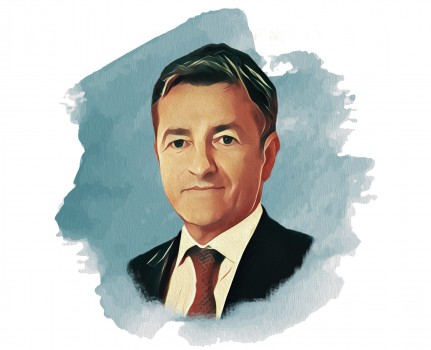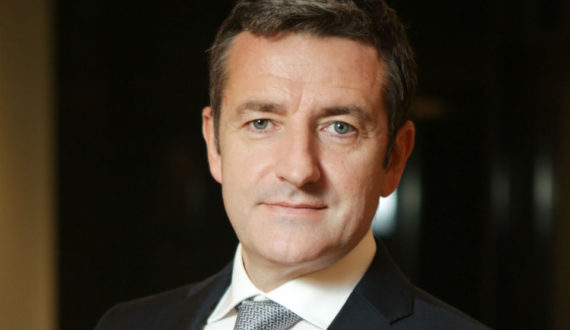Author: Corneliu Bodea Opinion Article written for Forbes
We are in the summer of 2020 in the Northern Hemisphere and, together with all of you, I am living a very strange feeling. Obviously, especially for a holiday period.
Our habits suffer greatly, whether it’s going to a movie theater, a festival, or planning a trip. You choose the destinations depending on how “green” the area is, or the means of transport and you look worried how the area where you live turns red and restrictions over restrictions apply. The buzz of political and civic debate is gaining momentum and, as in the case of any rare event, opinions are extreme and supported. We do not know if we are in the prelude to a long-term crisis, we do not understand its development or the mechanisms that will unfold and support it. Unpredictability, insecurity – we live in a vulnerable, insecure, complex and ambiguous world.
On the other hand, I sit and think, in the weekend in which I write these lines, about a lot of realities of our life today, which go unnoticed and are served to us by centuries of progress or struggle, imperceptibly, without giving them importance. Things we are used to, which seem normal and natural, but which have not always been so… The 8-hour working day was introduced at the initiative of Robert Owen (businessman and philanthropist) in 1817 in Great Britain. Today, after centuries of “light-day” work, we enjoy something normal, a gain that is only 200 years old. And the 5-day work week was an innovation of Henry Ford only in 1926, confirmed by law about 10 years later by Franklin Roosevelt. We, the over 50s, probably remember the school 6 days a week and the LLCs (Reduced Work Week) during the communist regime. Only 100 years have passed since Roosevelt’s initiative and 30 since the communist period when I had only one free Saturday a month…
We travel at an unimaginable speed 100 years ago and visit places we didn’t even have on the map 200 years ago. We connect cultures and meet people, we eat tapioca as if it grows in grandma’s yard and we write in a second to our friend thousands of miles away.
Although there is still inequality and poverty that we must continually fight against, we cannot fail to mention that extreme poverty has fallen from about 94% of the population in 1820 to about 10-11% today. Life expectancy has increased in the last 200 years from about 40 to about 62 today, and infant mortality has dropped from 45% to below 2-3% today.
Perhaps such progress throws us into the conclusion that we cannot progress at this pace further and that inevitably there will come a time when everything will crumble. However, we cannot stop realizing that this is what others thought before us, and that progress continued as Thomas Macauley prophetically observed in 1830.
Maybe we should realize that in the end no one has guaranteed us perpetual progress or lack of risk, and even if we ultimately resort to religion, we will not find that we deserve unrestricted protection. No one has given us an exemption either from the lesson of the evolution of life or from the lesson of violence that accompanies this universe from the beginning. If we were to inventory the risks in a scientific way, we would reach the surprising conclusion, confirmed by all the specialists of the subject, namely that the greatest risks of the following centuries have anthropological causes, including that of pandemics. So this is how we have nothing guaranteed and how we have no reason to consider ourselves cautious and wise enough to defend ourselves from evil, we only have our faith, intelligence and strong souls that hold us together.
These thoughts came to me while I was enjoying a quiet weekend in the comfort of home, full and healthy. Anxiety and confusion must be shaken, replaced with confidence and action. But let’s start by learning what is to be learned from this experience. Arrogance is not helpful and perishes in any hospital bed, disrespect for the environment melts in the face of a simple summer storm and lack of cooperation brings conflict and hatred. We are facing a reasonably risky attempt and see how we deny the evidence of science and defy the power of association. Of course, this makes the test harder and the risk higher. At the same time, I see how the majority reacts naturally and how the determination to overcome the situation is read on the faces of all and those who deny and those who believe, and this is important. We are probably heading for the most difficult period of the health crisis and I feel that we have learned enough to overcome it resolutely. We are facing an economic crisis neglected by most politicians and experts but which will hit hard at the end of 2020 and much of 2021. But we are a resilient species and this is demonstrated by the more than 200,000 years of history and over 100 billion specimens that dreamed and loved, who knew how to value the future at its true importance.
Read the whole article here www.forbes.ro







